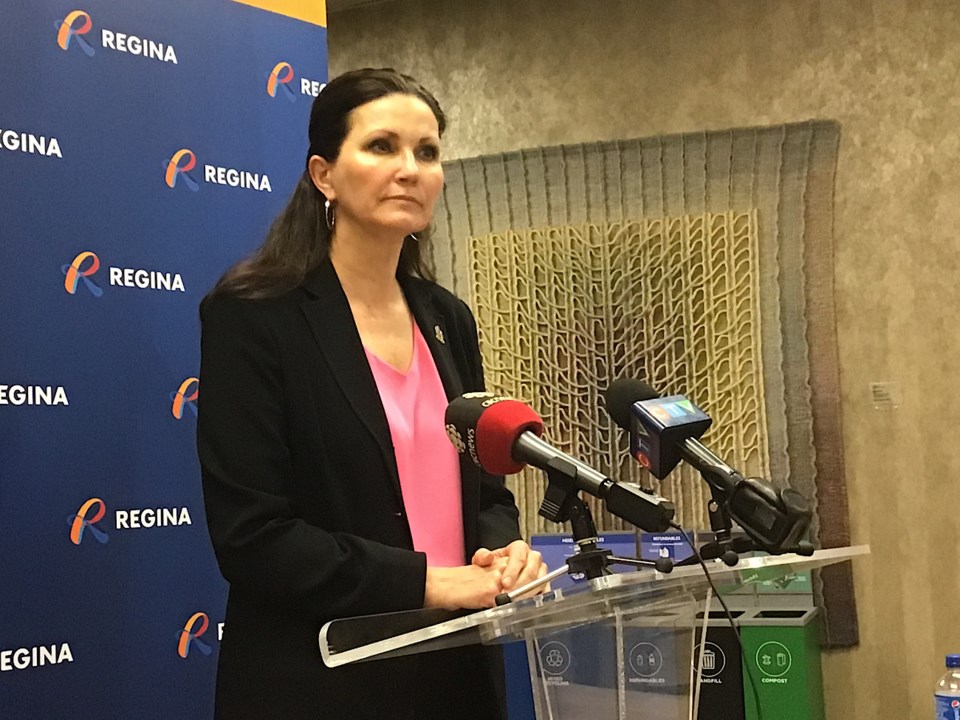REGINA - Mayor Sandra Masters had a few things to say Wednesday about the concerns the SUMA City Mayors Caucus has about the Saskatchewan Income Support program.
There has also been mounting criticism of the SIS program from various municipal leaders for not keeping up with expenses. Lately, there has been increasing frustration with the service provided as well.
The City Mayors Caucus has pointed to findings from the recent Provincial Auditor’s report which reported that over 60 per cent of calls to SIS had gone unanswered and ignored. Masters pointed to those concerns s well in speaking to reporters.
“I have heard directly from community-based organizations, from individuals attempting to help folks connect to services, social services, spending hours waiting on the phone, and that is problematic. We know that identification creates some barriers — sometimes folks have identification that has lost and so it seems there could be some common sense solutions to that.”
On the SIS program payments, Masters said “I’m not sure it’s keeping up with grocery bills and utility bills at the same time.”
The news release from SUMA had also stated that a “lack of social housing, and particularly supportive housing for those with mental health and addictions issues, is also feeding the homelessness crisis.”
On supportive housing, Masters said “we know we are in serious need of that because it’s very difficult to put folks with mental health issues or substance abuse disorder into independent type of living without the supports necessary for their stabilization and better chance of success.”
Regarding housing funding, Masters noted Regina had received some funding in connection to Reaching Home: Canada’s Homelessness Strategy and said they hope to receive more; the city is also applying for the federal Housing Accelerator funding.
As for the province, Masters said they had “a really good partner” on shelter space and on supportive housing units created last year. “We’re looking to continue providing solutions or opportunities to expand supportive housing and to make the shelter space program.”
Masters was among those mayors taking part in the City Mayors Caucus meeting last week. Afterwards, the City Mayors sent out a news release in which Lloydminster Mayor Gerald Aalbers, SUMA’s Vice-President of Cities and Chair of the City Mayors Caucus, said the SIS Program “continues to worsen our homelessness problem.”
“The barriers put in place for accessing services, the rates that remain far below the cost of living, and the evictions that occur because the province no longer pays landlords directly, are responsible for ever-increasing numbers of people on our streets.”






